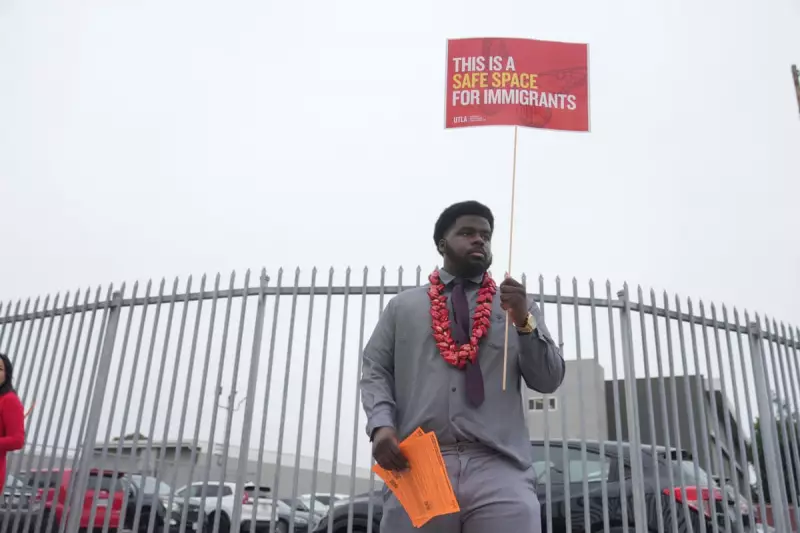
In a direct challenge to the Trump administration's immigration policies, California has enacted sweeping new legislation that creates protected 'safe zones' in schools across the state.
Governor Gavin Newsom signed the landmark bill on Monday, effectively barring federal immigration agents from conducting enforcement operations on school grounds without prior judicial approval. The move represents one of the most significant state-level rebukes of federal immigration authority to date.
Shielding the Classroom
The legislation, known as AB 699, prohibits immigration enforcement at all public schools, from preschools through universities. This includes areas within 1,000 feet of school property—creating a substantial buffer zone around educational institutions.
'Our classrooms should be sanctuaries for learning, not places where children live in fear,' Newsom stated during the signing ceremony. 'This law ensures that every child can pursue their education without the trauma of immigration raids disrupting their sense of security.'
Legal Showdown Looms
The new statute mandates that immigration officials obtain a judicial warrant or court order before accessing school property for enforcement purposes. School administrators are explicitly forbidden from cooperating with or providing information to immigration authorities without legal compulsion.
Legal experts anticipate immediate challenges from federal authorities, setting the stage for another constitutional clash between California and the Trump administration. Similar sanctuary policies have faced legal scrutiny elsewhere, but California's comprehensive approach breaks new ground.
Educational Community Reacts
Education leaders have largely welcomed the legislation. The California Teachers Association praised the move as 'essential for maintaining trusting relationships between educators and immigrant families.'
However, some critics argue the policy could impede legitimate law enforcement operations and create jurisdictional conflicts. Opposition groups have promised to support legal challenges to what they describe as 'state obstruction of federal immigration law.'
The law takes effect immediately, with the state attorney general's office issuing guidance to school districts on implementation procedures this week.





